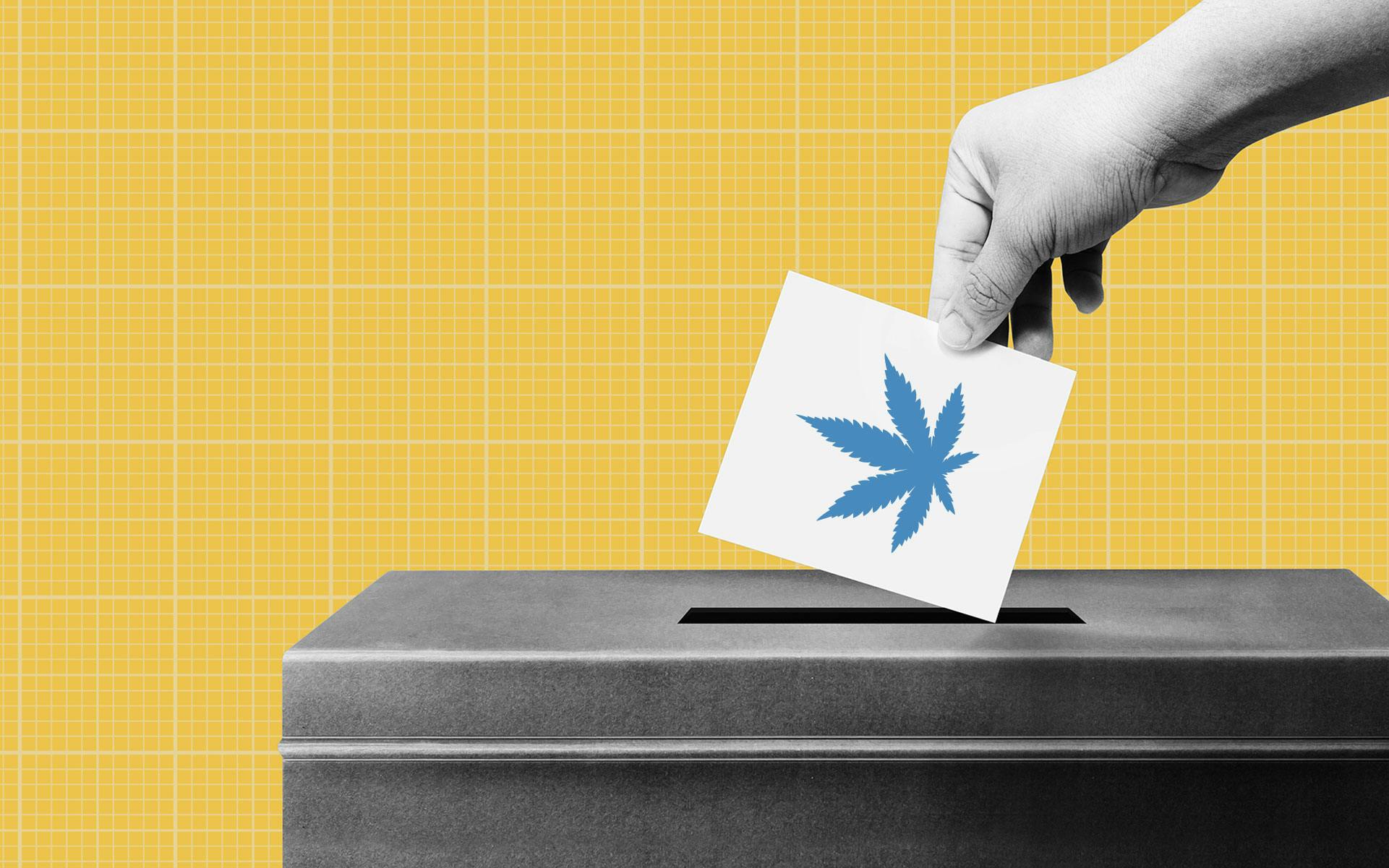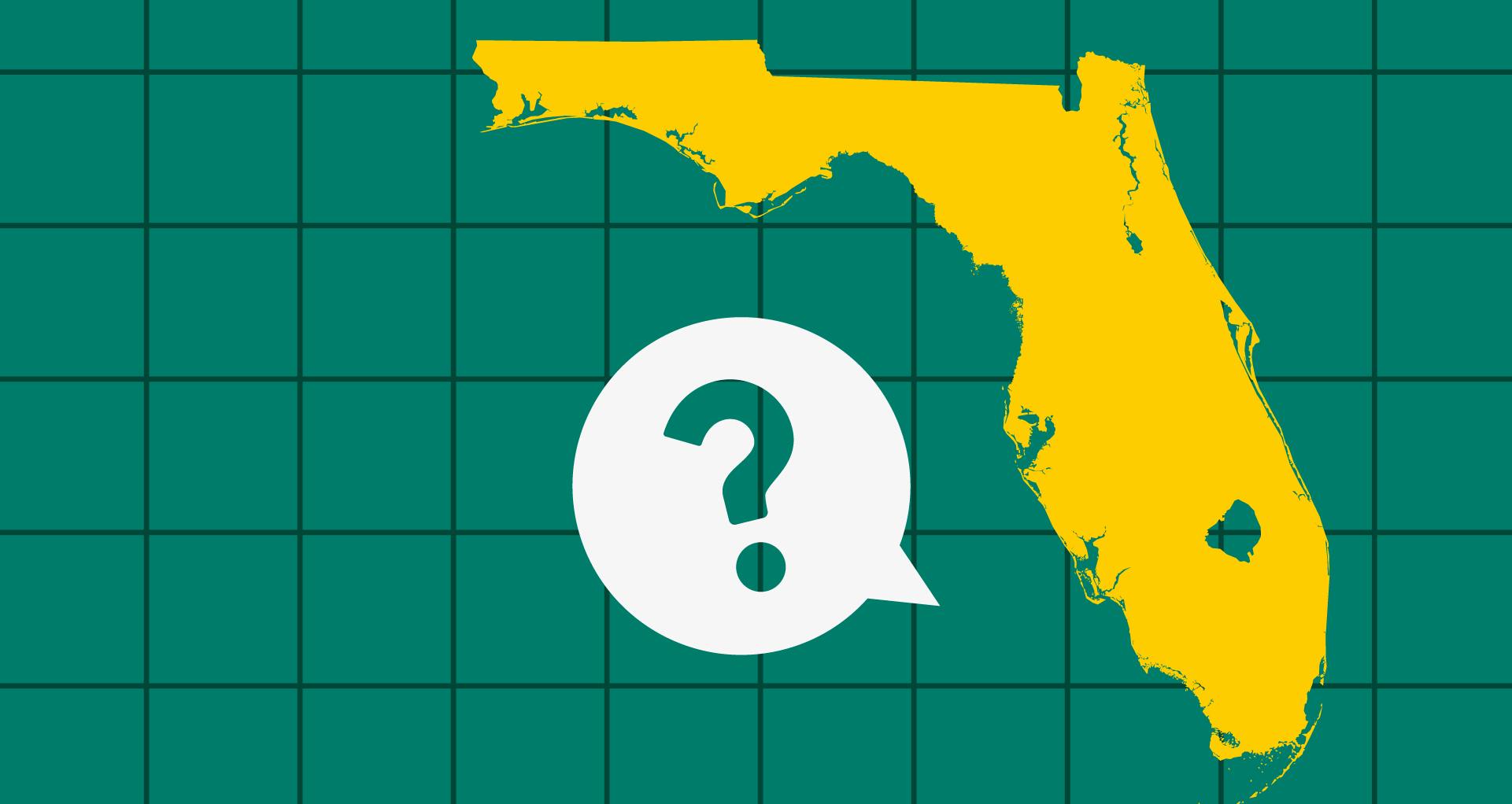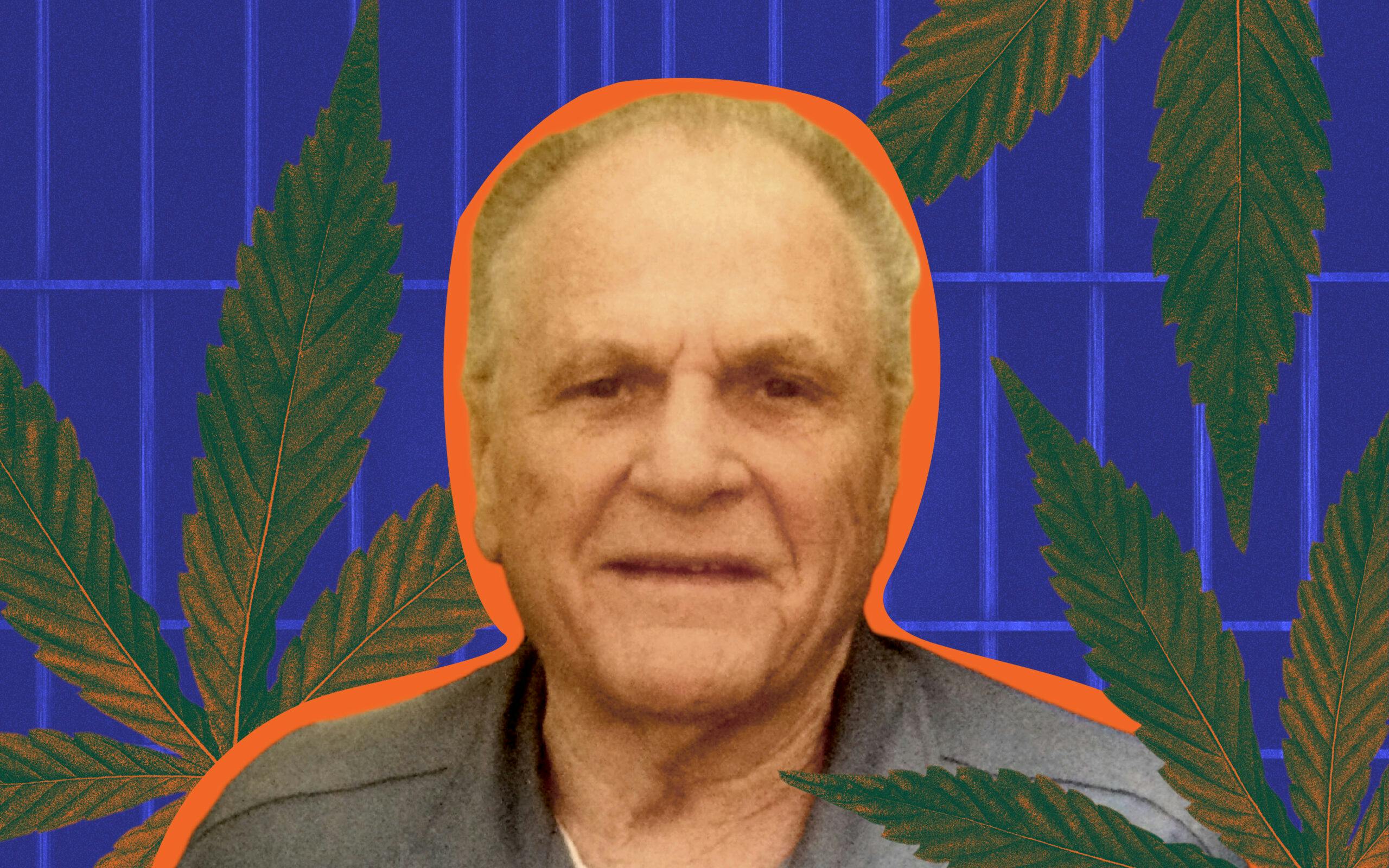Is marijuana legal in Florida?
Current legality status
medical
Cannabis is legal for qualified patients with a licensed card.
Patients need a medical card to purchase marijuana in Florida. Recreational marijuana is not legal, but voters could approve it on Nov. 6, 2024, via Amendment 3.
2024 recreational ballot measure
Amendment 3 only offers a handful of explicit directives: It sets possession limits at three ounces of flower, and up to five ounces of concentrates. The measure does not include language on homegrow, taxation or expungements of past offenses. It doesn’t include language around public consumption, either, but its sponsors have made clear that they would support subsequent legislation banning public consumption.
And while nothing in the amendment says so explicitly, we at Leafly expect that legalization in Florida—as has been the case in most other states—would usher in cheaper prices and a wider range of products available to consumers.
Amendment 3 would enable existing dispensaries to sell to adults; legalization would take effect six months after voters approve it.
*** Unlike most ballot measures in other states, Amendment 3 requires 60% of the vote to pass, instead of a simple majority. ***
Florida residents over the age of 18 must register to vote more than 29 days before Election Day, or they will not be able to cast a ballot. Residents can register to vote in Florida here, and anyone can learn more from the initiative proponents Smart and Safe Florida here.
Does Florida still bust people for pot?
Florida law carries heavy penalties for illegal marijuana possession and sale.
In 2023, Florida police made 4,889 marijuana arrests.
The state considers the possession of less than 20 grams of cannabis to be a misdemeanor punishable by a maximum of one year of incarceration and up to a $1,000 fine—but more than 20 grams carries a felony charge that can land you in jail for up to five years.
Shop highly rated dispensaries near you
Showing you dispensaries nearFlorida makes it a misdemeanor to attempt to sell up to 20 grams of cannabis (without the sale actually occurring). The charge is punishable by up to a year in prison and a maximum fine of $1000.
If, however, money is accepted for the sale of any amount up to 25 pounds, that’s a different story: State law labels it a felony that’s punishable by up to five years in jail and a fine of $5,000.
The possession or sale of non-medical marijuana in Florida can also lead to revocation or suspension of a driver’s license.
Florida medical marijuana laws
In 2014, Florida legalized access to medical marijuana via the Compassionate Medical Cannabis Act. The bill was extremely limited: It only legalized low-THC products for cancer and epilepsy patients.
In 2016, Floridians voted to drastically expand the state’s list of qualifying conditions via Amendment 2. The amendment also added legal protections for patients, caregivers, physicians, and dispensary staff.
Amendment 2 went into effect in June 2017.
In the same month, Governor Rick Scott signed Senate Bill 8A into law. It removed a policy that required a resident to be the patient of a licensed physician for 90 days before becoming eligible for medical marijuana. It also instituted mandatory marijuana lab testing.
Florida lawmakers didn’t legalize cannabis flower for medical patients until 2019, via Session Bill 182.
Florida residents with a physician’s recommendation can obtain medical marijuana from a licensed Florida medical marijuana treatment center (MMTC).
A qualified physician cannot issue a recommendation for more than three 70-day supply limits of marijuana at a time. Patients may purchase up to 2.5 ounces of cannabis every 35 days. Patients may not possess more than four ounces of cannabis at a time. Home cultivation is not permitted in Florida.
Florida qualifying conditions for medical marijuana
There are nearly 650,000 medical marijuana patients in Florida. The Florida Department of Health’s Office of Medical Marijuana Use (OMMU) oversees the program.
A licensed physician can recommend marijuana for any of the following conditions:
- Cancer
- Epilepsy
- Glaucoma
- HIV/AIDS
- Post-traumatic stress disorder (PTSD)
- Amyotrophic lateral sclerosis/Lou Gehrig’s disease
- Crohn’s disease
- Chronic seizures
- Parkinson’s disease
- Multiple sclerosis
- Medical conditions of the same kind or class as or comparable to those listed above
- A terminal condition diagnosed by a physician other than the qualified physician issuing the certification
- Chronic nonmalignant pain
How to get a medical marijuana card in Florida
Florida residents—permanent or seasonal—must complete a lengthy process to become medical marijuana patients.
First, a qualified physician must diagnose an individual with a qualifying condition for medical marijuana. The physician will then add them to the Florida Medical Marijuana Use Registry. The OMMU will send patients a temporary username and password to join the registry.
Finally, patients must complete an application to acquire their Registry Identification Card. Florida charges a fee of $75 to process applications. Online applications take an average of 10 business days for approval, while mailed paper applications take an extra 3-5 days.
Florida law requires patients that are minors need to designate a caregiver to purchase marijuana on their behalf. All caregivers must similarly be added to the Medical Marijuana Use Registry and submit a caregiver application to OMMU to obtain an identification card. The fee for the state to process a caregiver application is $75.
Both patients and caregivers must include a full-face, passport-type 2×2 inches in size, color photograph taken 90 days within the date of application.
Does Florida accept out-of-state medical cards?
No, Florida does not accept out-of-state medical marijuana cards.
When does my Florida medical marijuana card expire?
Identification cards expire one year after the date of approval. They must be renewed annually. Patients can begin the renewal process 45 days before their card expires. It costs $75 to renew a medical marijuana card in Florida.
Got your medical card? Find a dispensary in Florida
Congratulations! You made it through the process to get your medical card in Florida. Your next step is to find a dispensary nearby.
Florida marijuana growing laws
Florida does not permit home cultivation of marijuana for medical or recreational purposes.
Florida public consumption laws
It is illegal to consume marijuana in public in Florida, even for medical marijuana patients. It is furthermore illegal to consume smokable CBD in public.
Florida cannabis DUI laws
In Florida, even medical marijuana patients need to be careful about operating a motor vehicle. Although Florida is a medically legal state, it remains illegal to drive while under the influence of cannabis.
By driving in Florida, one has implied consent to a blood and/or urine test. A refusal to submit to this test is a misdemeanor and can be punished by a one-year suspended license and one year in jail; a subsequent refusal can revoke one’s license for 18 months. The results of the test may be admissible as evidence in a court law, except in the prosecution of the possession of a controlled substance.
The test can be administered via breath, blood, or urine. Penalties include the following:
- First offense: No more than six months in jail, $500 to $1,000 fine, 180-day suspended license up to one year, mandatory 50 hours of community service, up to one year of probation, 10 days of vehicle impoundment, must complete DUI school.
- Second offense: No more than nine months in jail, $1,000 to $2,000 fine, 180-day suspended license up to one year, mandatory IID for one year.
- Second conviction (within five years): Mandatory 10 days in prison, 30 days of vehicle impoundment, five-year suspended license, must complete DUI school and remain in DUI supervision program for suspension period, must not consume alcohol for one year prior to reinstatement, mandatory IID for one year.
- Third offense (within 10 years): 3rd-degree felony; mandatory imprisonment of 30 days up to five years, $2,000 to $5,000 fine, 10-year suspended license.
- Fourth and subsequent offense: 3rd-degree felony; imprisonment for up to five years, no less than $5,000 in fines, mandatory permanent license suspension.
For more information, please refer to Florida DUI and Administrative Suspension Laws.
Florida cannabis testing regulations
Treatment centers must get their marijuana tested by a third-party lab before it hits shelves. The guidelines for safety, however, are light on specifics. Florida did not require testing until Governor Rick Scott (R) signed Senate Bill 8A in 2017: the state did not begin licensing testing labs until 2020.
Common questions about marijuana legalization in Florida
Is recreational marijuana legal in Florida?
No. Only medical marijuana is legal in Florida.
Can you get a medical marijuana card for anxiety in Florida?
Florida’s list of qualifying conditions does not include anxiety. You can only receive medical marijuana for anxiety if you have a physician’s recommendation that states your anxiety is a debilitating medical condition.
Can you get a medical card with a felony in Florida?
There are no laws prohibiting convicted felons from becoming medical marijuana patients in Florida.
Can you grow your own cannabis in Florida?
Cultivating cannabis at home in Florida is not sanctioned by law and can result in incarceration or a fine depending on the number of plants.
Are vape pens legal in Florida?
Medical marijuana inhalation devices are legal in Florida under Senate Bill 182.
Learn more about marijuana legalization in Florida
Here’re some additional resources, news, and references for Florida marijuana policy.
- NORML overview of medical marijuana law
- Resources from the Office of Medical Marijuana Use
- Florida Marijuana Policy Project
- Florida statutes and Constitution
Keep up with the latest news about legalization in Florida
Stay current on Florida’s fast-changing laws by bookmarking Leafly politics and signing up for our newsletter.
By providing us with your email address, you agree to Leafly's Terms of Service and Privacy Policy.


